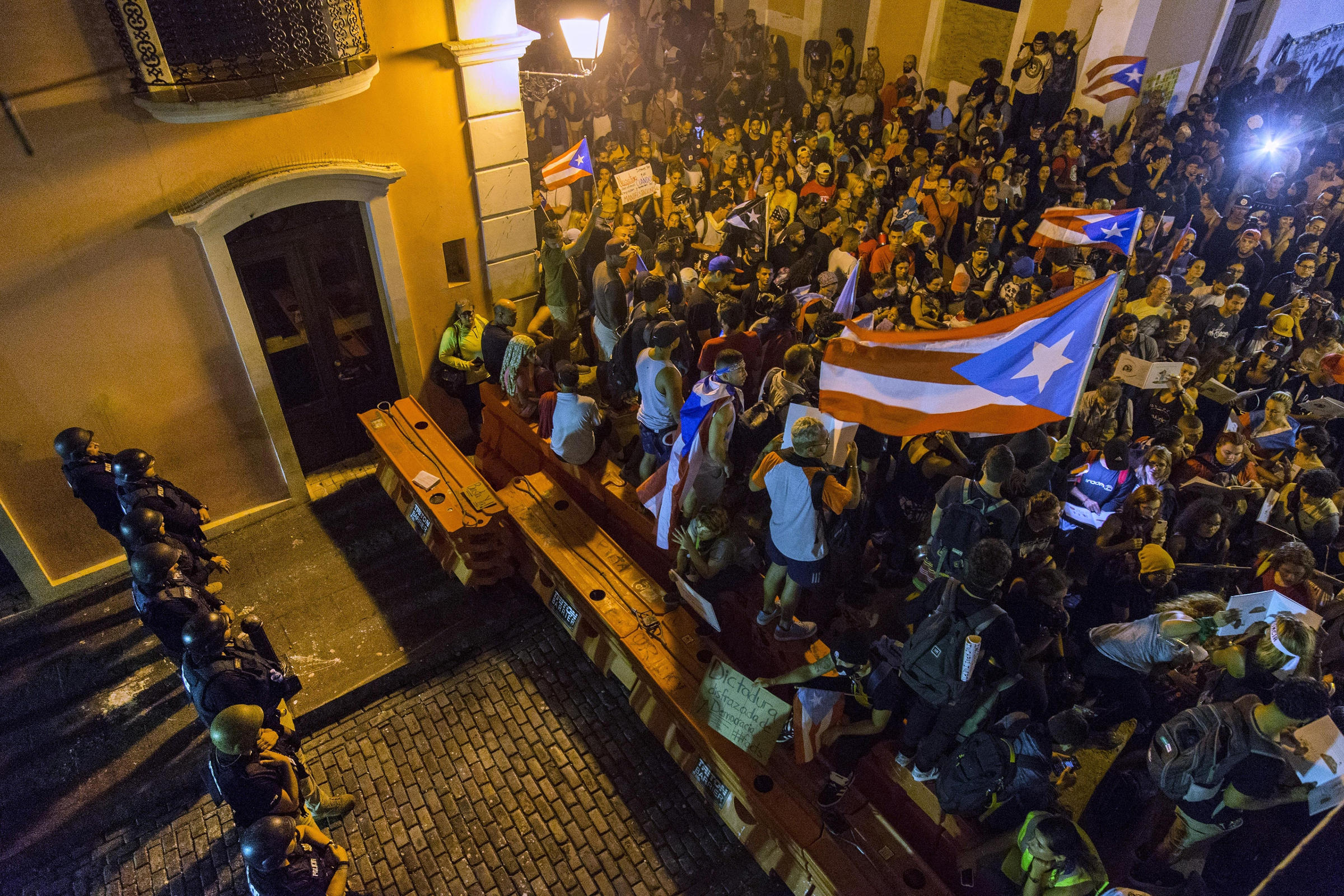
On the night of July 24, 2019, the Governor of Puerto Rico resigned. After weeks of constant protests, of clashes with the police, and of political uncertainty, Ricardo “Ricky” Rosselló gave in to the people’s demands and announced he would be vacating the Governor’s office on August 2nd, 2019. Comics were there for it and they were part of the island-wide efforts that took Puerto Rico’s embattled governor out of power.
Comics were seamlessly integrated into the protests given the multimedia-heavy nature of the situation. A lot of the different public demonstrations were coordinated via social media and there was no shortage of memes criticizing the governor, with new content coming in by the minute. The protests sparked creativity in a massive way. It was fertile ground for comics.
It’s important to note that the result of the protests was an historic victory that put Puerto Rico in uncharted territory as Rosselló is the first Governor to ever resign from his elected position in the island’s history. Comics took up some of the responsibility that comics with making sense of it all. Creators like Edgardo Miranda-Rodríguez and Rosa Colón turned the comics page into a space for political discussion. They contemplated and explored the many perspectives behind the massive response that came from the people of Puerto Rico and it looks like they’re ready to continue moving the conversation forward.
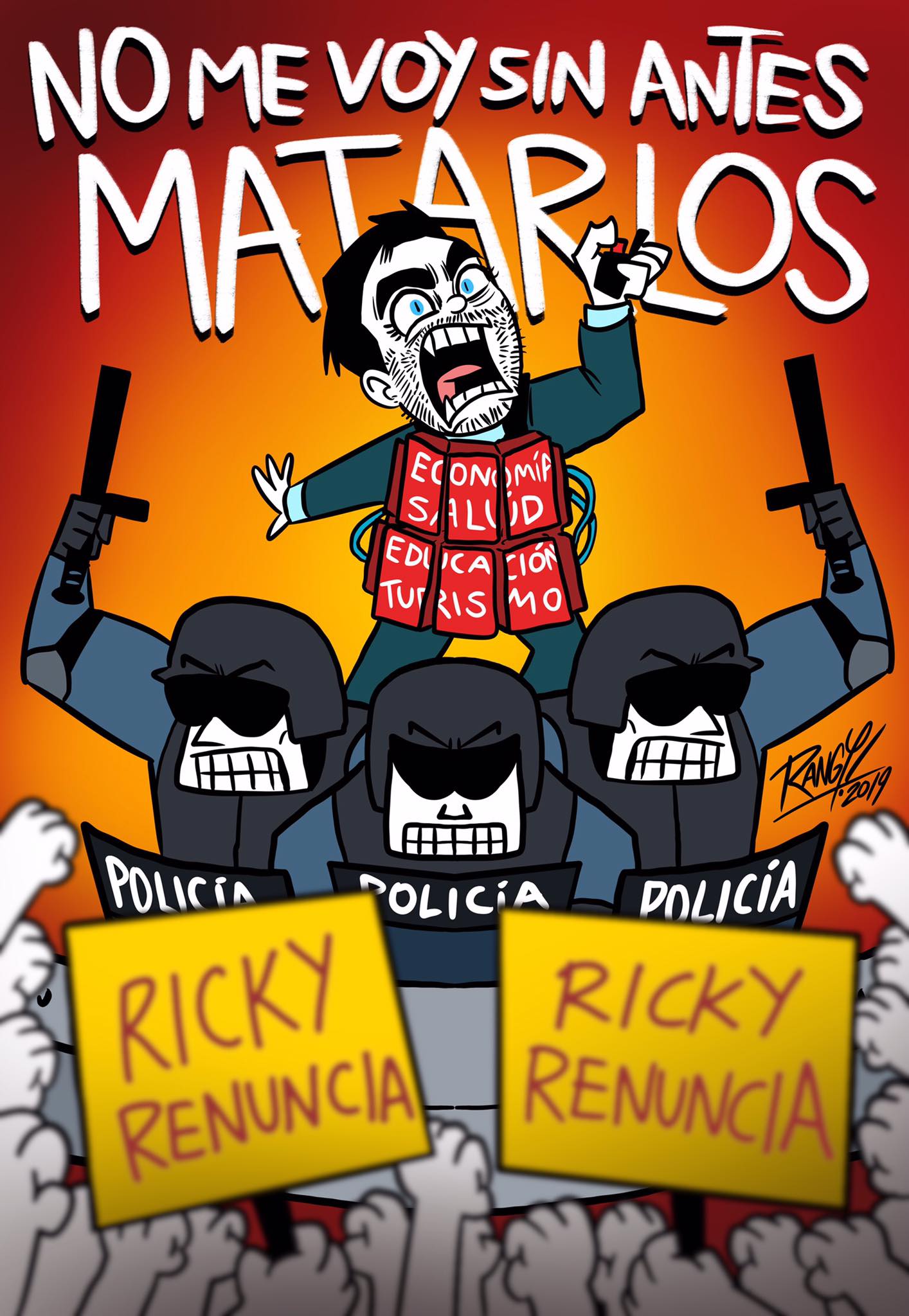
One great example of comics doing their part during the protests came from Rangy García‘s De La Nada. De La Nada has established itself as a legitimate political voice in the style of The Daily Show and Full Frontal, going for satire as its preferred mode of expression. During the protests, Rangy García produced animations centered on each of the controversies that led to the Governor’s resignation in addition to illustrations reflecting the public’s perception of Rosselló. De La Nada was active and prolific, and it shows no signs of stopping. You can find De La Nada‘s Facebook page here for more content.
Here are some other examples of the contributions comics made both during the protest and in the context of the protest. This is by no means a comprehensive list of all the things done by the comics community. In fact, I believe this list will grow quite fast in the coming weeks.
- Rosa Colón’s webcomic SAN JUAN TAKES TO THE STREETS informs readers on the reasons behind the protests
Rosa Colón has a growing body of work published on The Nib website, all concerning contemporary problems specifically affecting Puerto Rico. They range from Hurricane María’s death toll controversy—which turned into one of the driving forces behind the protests due to Rossello’s ridiculing of the hurricane’s victims in a private chat that leaked to the press—to the history of separatists and LGBTQ rights in the island. “San Juan Takes To The Streets” inserts itself into the protests as an accessible source of information that goes into detail on the sequence of events that led to the people standing up to its governor.
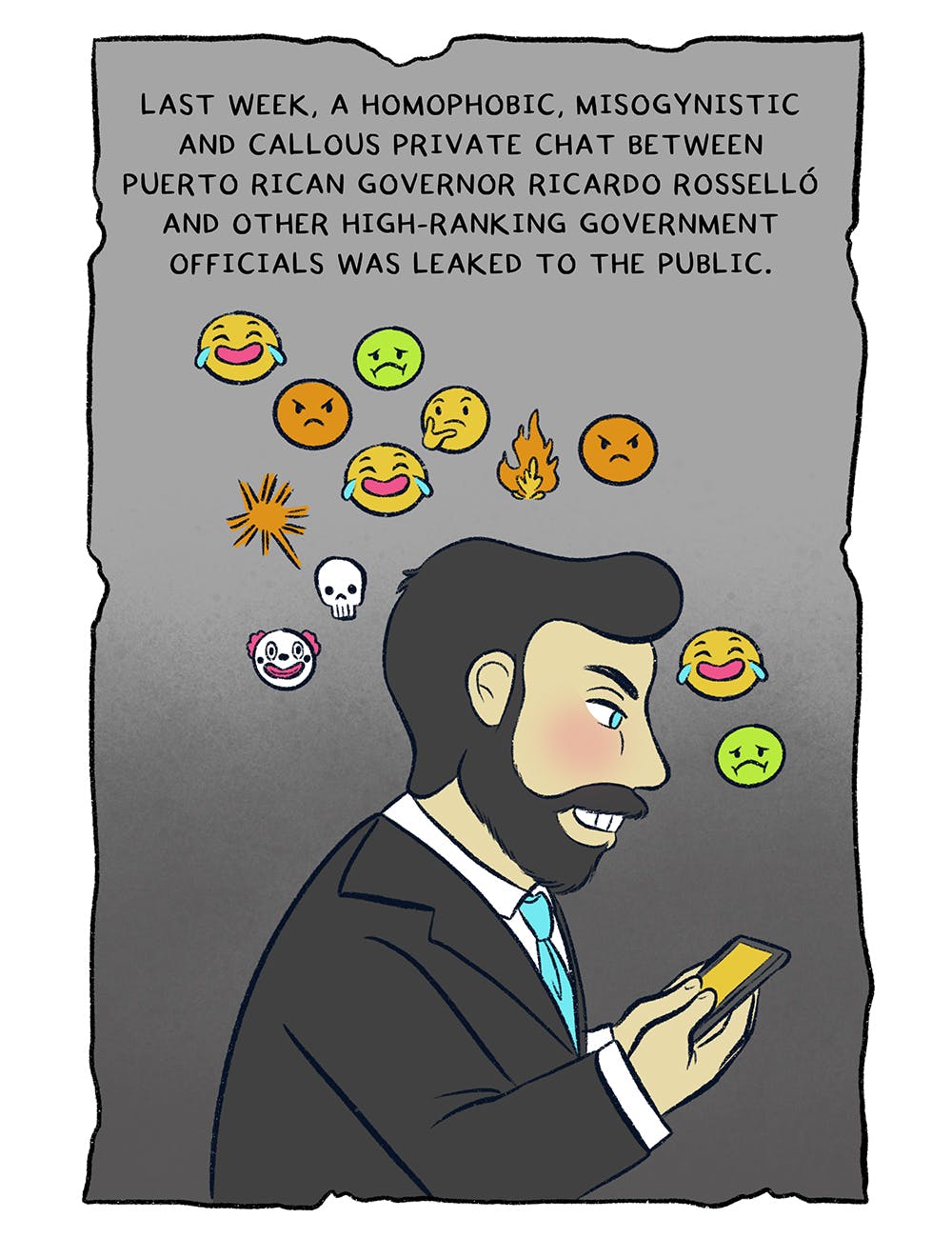
The comic makes use of bright colors for some truly eye-popping images that are taken straight out of news reports for a very journalistic look at the situation. It is still one of the best summaries of the origins of the protest and it is highly successful in what constitutes a comics education on the situation at hand. It can best be described as a very Puerto Rican version of Logicomix: An Epic Search for Truth, by Apostolos Doxiadis and Christos Papadimitriou.
You can find Rosa Colón’s full webcomic here.
- Edgardo Miranda-Rodríguez, creator of LA BORINQUEÑA, receives the Bob Clampett Humanitarian Award at the 2019 Eisner Awards
Comics have became a vehicle for relief and grant funding as of late with anthologies such as Where We Live: A Benefit for the Survivors in Las Vegas (responding to the 2017 mass shooting in Las Vegas) and Love is Love (responding to the 2016 mass shooting at Pulse in Orlando) being prime examples of the power of comics in spreading awareness and actually helping victims of extreme acts of violence or natural disasters.
Edgardo Miranda-Rodríguez enlisted his character La Borinqueña along with key DC Comics characters, Wonder Woman featuring prominently among them, for a benefit anthology titled Ricanstruction: Reminiscing and Rebuilding Puerto Rico that supported the relief effort in the island after Hurricane María. All proceeds were donated for use in helping survivors, victims, and families.
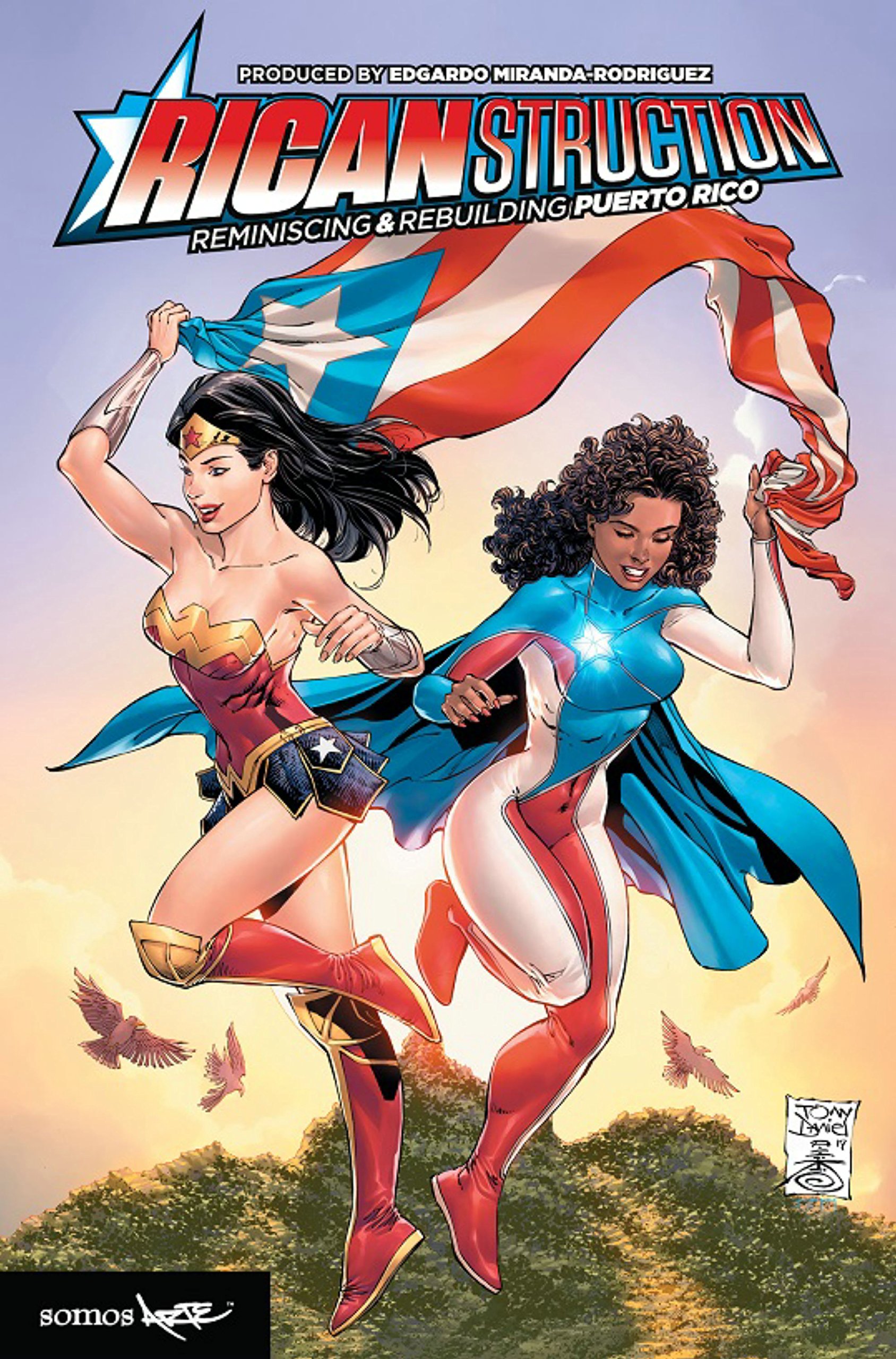
Miranda-Rodríguez was given the Humanitarian Award at the 2019 Eisner awards for Ricanstruction and his acceptance speech brought Puerto Rico’s political struggles to San Diego Comic Con. The speech called for Ricardo Rosselló to resign. It was a clear and powerful demand that brought Puerto Rico to the biggest comic book event of the year. In one of the most important parts of the speech, Miranda-Rodríguez said that “The comic book superhero genre is centered around fighting for social justice. They are narratives about fighting for social justice. I am a social justice warrior.”
The second chapter of La Borinqueña is out now and takes a good look at what it means to take to the streets in protest as we get scenes where protesters face the police during a peaceful demonstration. The character was even spotted in some of the events as one of the protesters marched in full Borinqueña cosplay against Ricardo Rosselló.
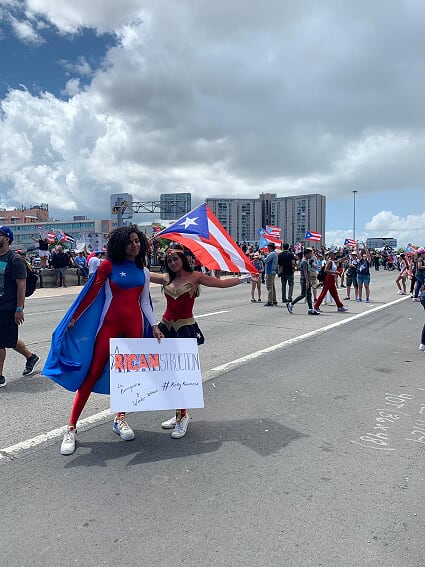
- Hurricane María benefit anthology PUERTO RICO STRONG wins best anthology award at the Eisners.
The Puerto Rico Strong anthology win is important in the context of the protest for one simple yet overarching reason: it shows how Puerto Ricans banded together as a people in a time of crisis. The passing of Hurricane María can be considered one the most profoundly unifying moments in the island’s history. The atmosphere of solidarity, collaboration, and mutual help had Puerto Ricans communicating on the same frequency. Almost all of Puerto Rico was on the same page, excluding the corrupt politicians that diverted money and resources for personal use.
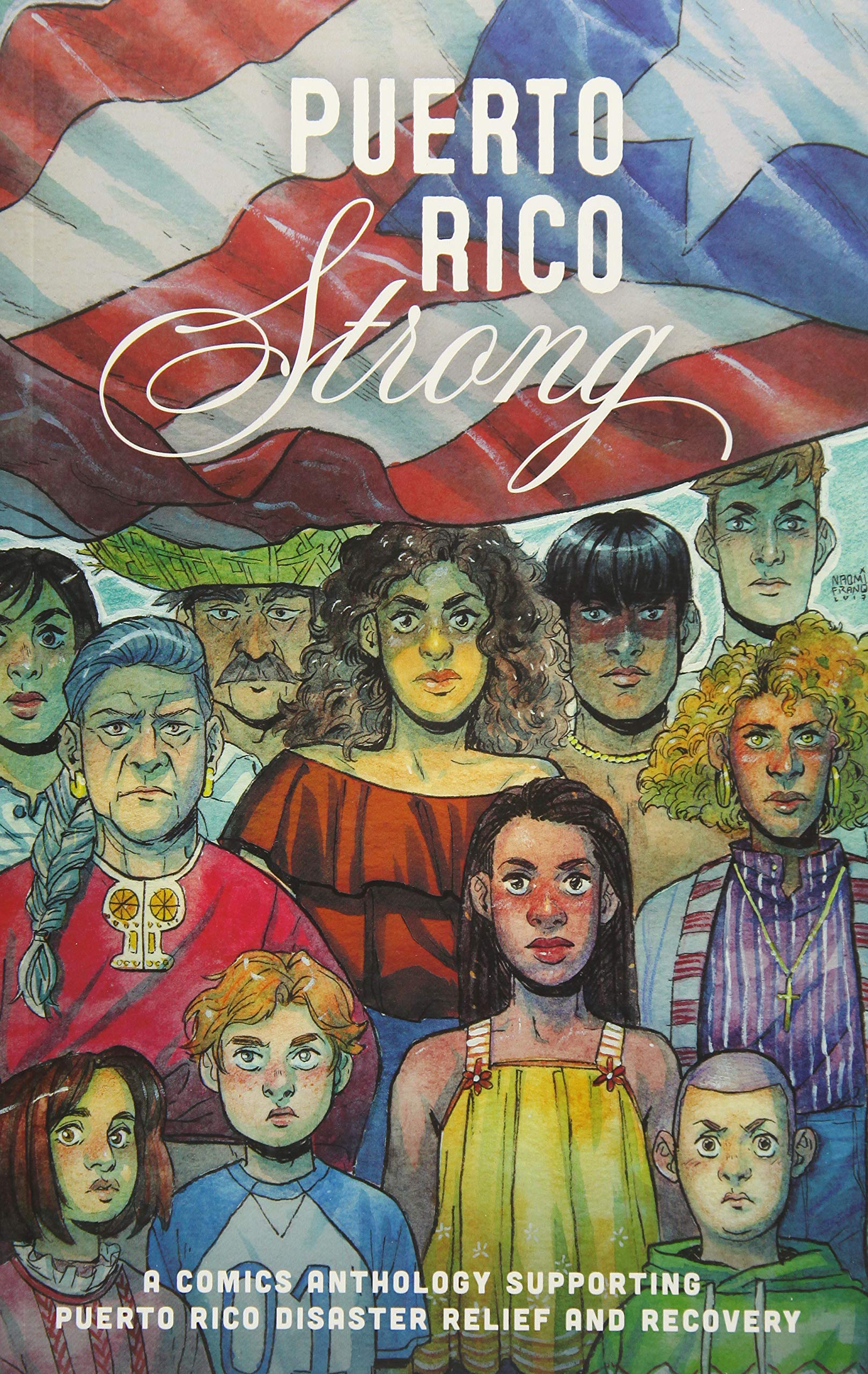
The anthology offers a compelling look at how people came together and finally started trusting each other. That trust led to the success of the protests. Artists like Rosa Colón, Amparo Ortiz, Vita Ayala, Dennis Calero, Daniel Irizarri Oquendo, Eliana Falcón-Dvorsky, Fabian Nicieza, Jaime Jones, Adriana Melo, among many others contributed stories that highlighted this newfound or quite simply rejuvenated sense of trust that was on full display during the protests.
Puerto Rico Strong has become a kind of prologue to the protests while also being a testament as to how Puerto Ricans became part of an overwhelmingly unified voice that is not only capable of rebuilding a whole island after going through a massive natural crisis, but is also capable of bringing down corrupt governments.
The comics and creators mentioned here gave a masterclass on social activism, reconstruction, and unity. They are currently being discussed in Puerto Rico and are incredible reads worthy of attention. The Puerto Rican comics community is leaving no stone unturned, no injustice overlooked. And the work is just getting started.
For more on Puerto Rican comics check out The Beat’s take on the local talent present at the 2019 Puerto Rico Comic Con, found here.
For more on The Beat’s coverage of the Eisner Awards, click here.


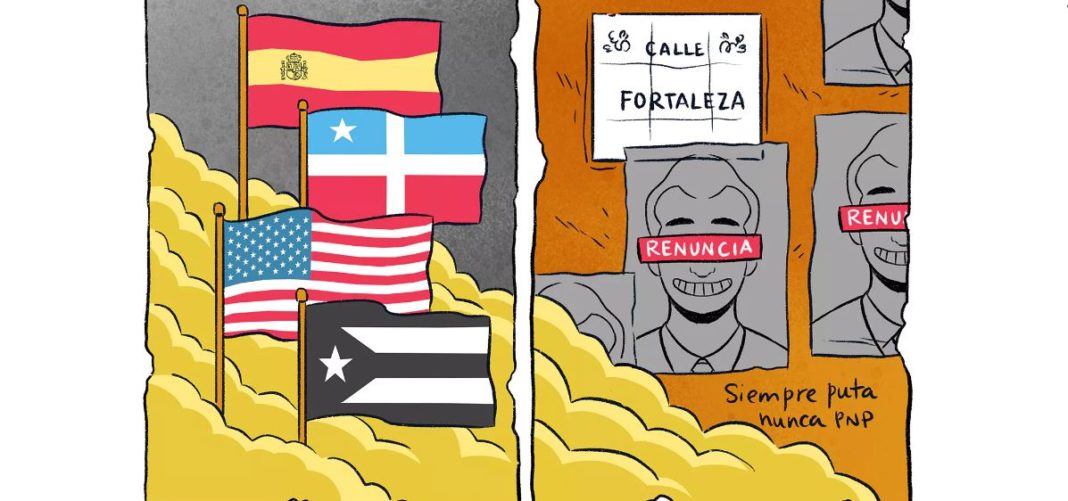
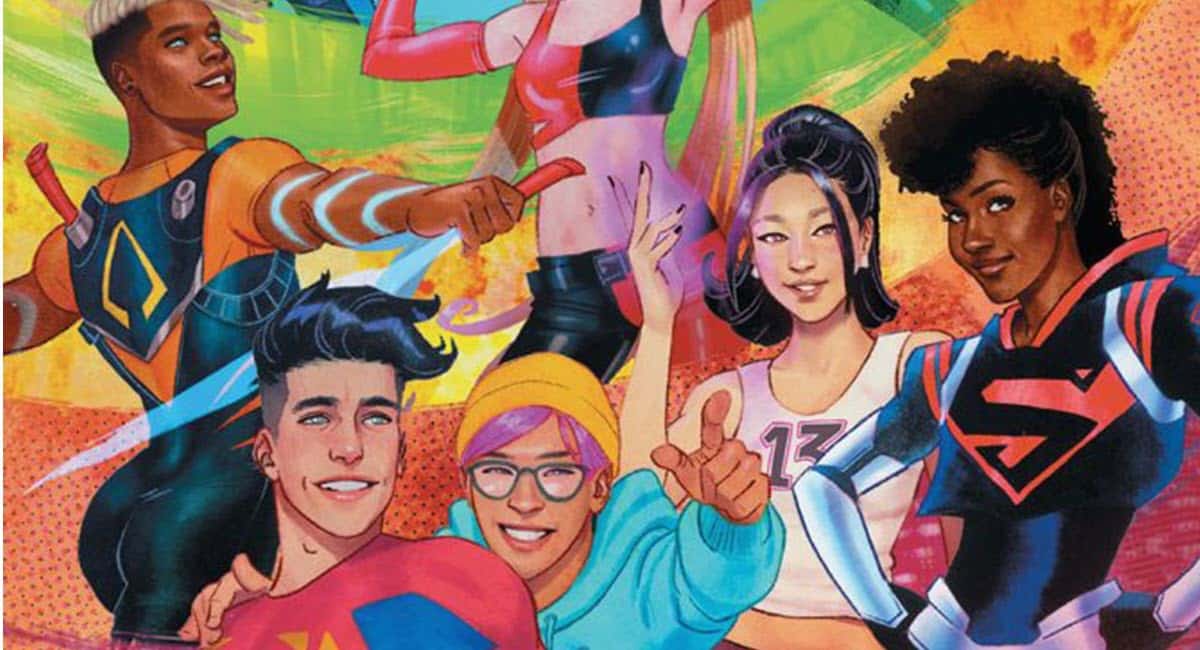
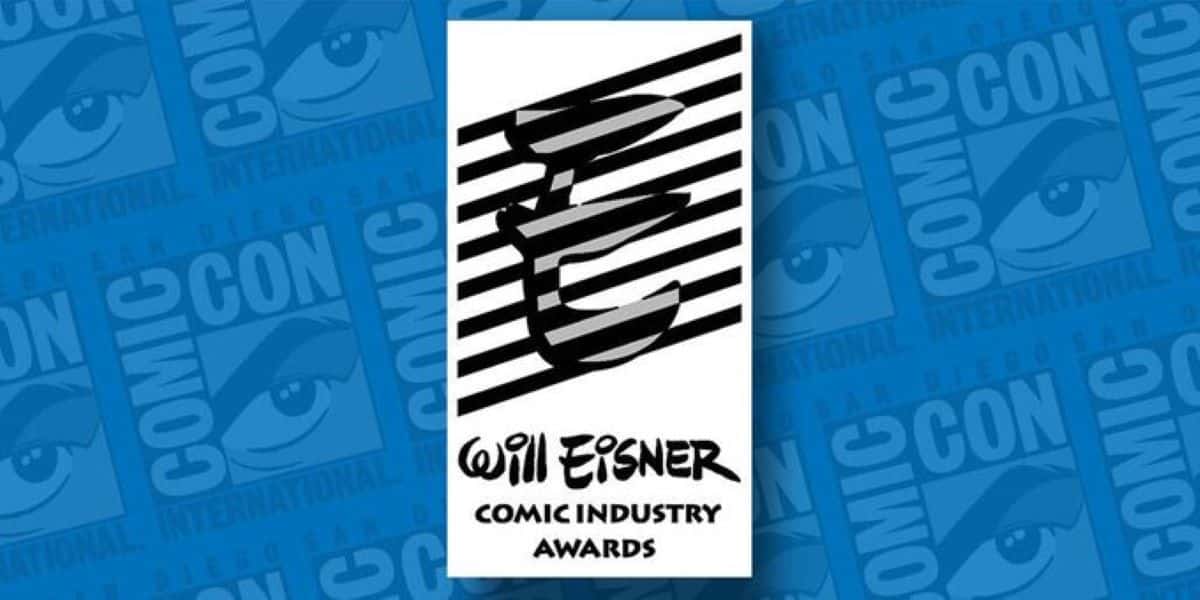
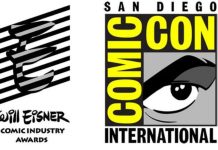
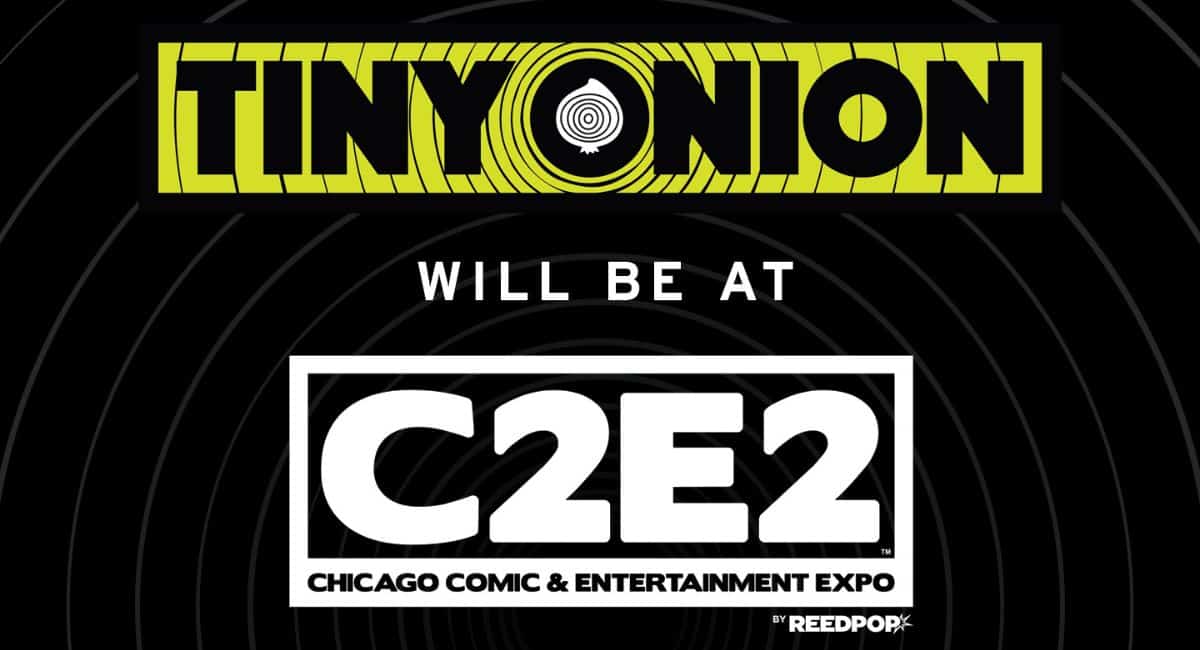
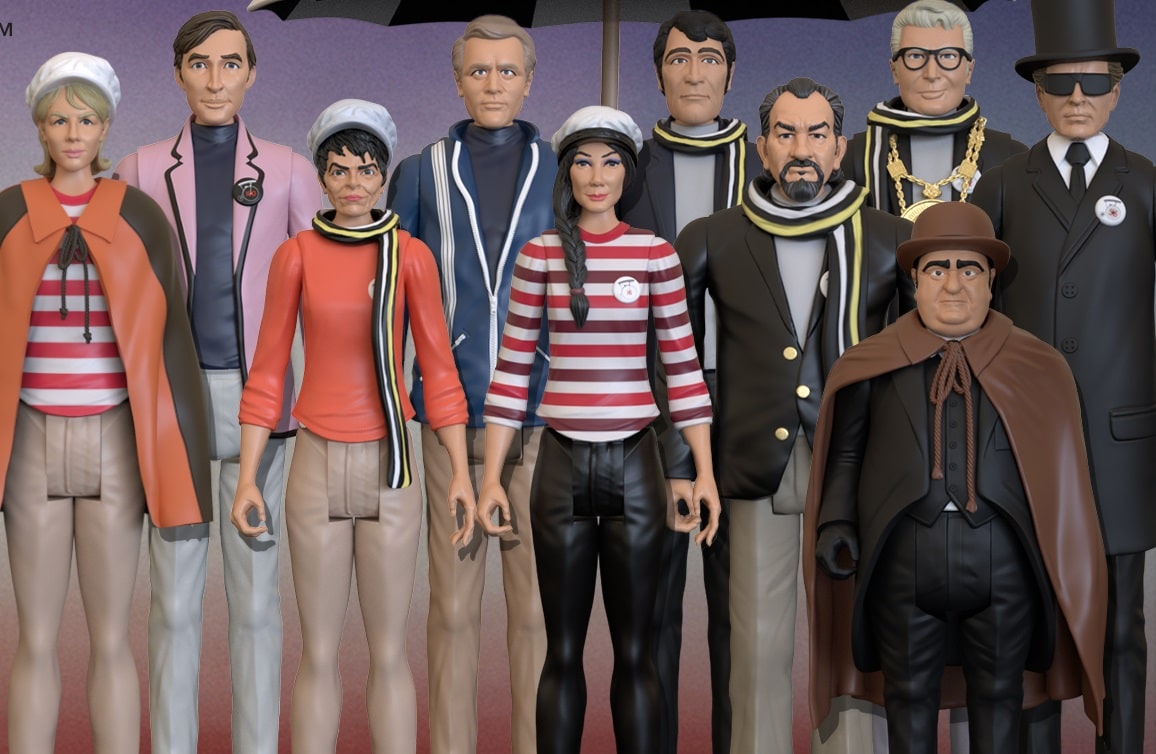

Comments are closed.